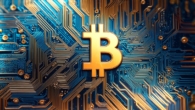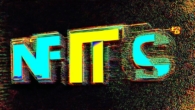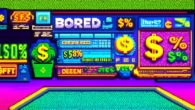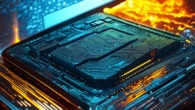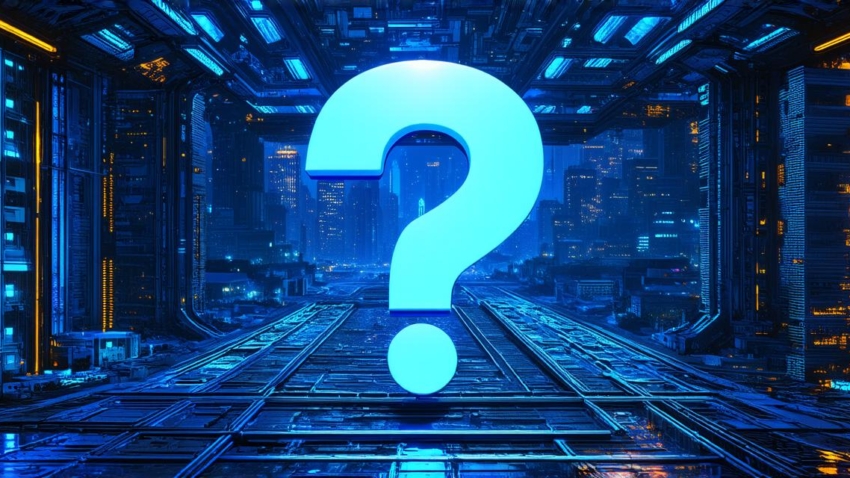
What does the future hold for NFTs
Non-Fungible Tokens (NFTs) have taken the world by storm, and it is clear that this technology is here to stay. In recent years, we have seen NFTs being used in a variety of industries, including art, gaming, and collectibles. However, many people are asking what the future holds for NFTs. This article aims to explore some of the possibilities and answer this question.
What Are NFTs?
Before diving into the future of NFTs, let’s first understand what they are. An NFT is a unique digital asset that represents ownership of a specific item, such as an artwork or a collectible. Unlike cryptocurrencies, which are interchangeable and fungible, NFTs are non-fungible, meaning they cannot be replaced by another asset.
The Rise of NFTs
NFTs first gained popularity in the art world, where artists began to sell their works as digital assets on blockchain platforms. These digital versions of paintings, sculptures, and other artworks sold for millions of dollars, proving that there was a market for NFTs.
From there, NFTs expanded into gaming and collectibles, with companies like CryptoKitties and NBA Top Shot gaining traction. One of the key drivers behind the rise of NFTs is their ability to provide ownership and authenticity to digital assets. With NFTs, creators can prove that they own the original work and that it cannot be copied or reproduced without permission. This makes NFTs highly attractive to collectors and investors who are looking for unique and valuable assets.
The Future of NFTs
While NFTs have already had a significant impact on several industries, there is still much potential for this technology. Here are some possible ways that NFTs could evolve in the future:
- Increased Adoption
- Improved Security and Accessibility
- Increased Creativity
- New Business Models
Conclusion
In conclusion, the future of NFTs is bright and full of potential. From art and collectibles to real estate and finance, NFTs have already disrupted traditional business models and opened up new avenues for creativity and artistic expression. As adoption rates continue to increase and technology improves, we can expect even more use cases for NFTs to emerge. Whether you are an artist, collector, or investor, NFTs are worth keeping an eye on as they continue to shape the future of digital assets.
FAQs:
1. What are non-fungible tokens (NFTs)?
Non-fungible tokens (NFTs) are unique digital assets that represent ownership of a specific item, such as an artwork or a collectible. Unlike cryptocurrencies, which are interchangeable and fungible, NFTs are non-fungible, meaning they cannot be replaced by another asset.
2. What industries have been impacted by NFTs?
NFTs have already had a significant impact on several industries, including art, gaming, and collectibles. However, there is still much potential for this technology in other areas such as real estate and finance.

3. What are some possible ways that NFTs could evolve in the future?
Some possible ways that NFTs could evolve in the future include increased adoption, improved security and accessibility, increased creativity, and new business models.
4. How have NFTs disrupted traditional business models?
NFTs have already disrupted traditional business models in several industries by providing ownership and authenticity to digital assets. This has opened up new revenue streams for creators and built a loyal fan base.
